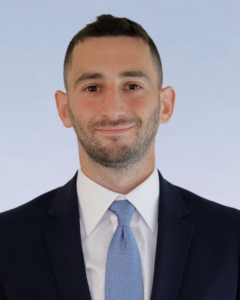Large Firm Service. Small Firm Attention.
SHARE
Understanding the Medicaid Transfer Penalty
Published August 20, 2012
In a previous entry, we examined the asset and income rules for Medicaid, the joint federal and state program that many seniors rely on for nursing home care or, in the state of New York, home health care. Here, we look at the details of another important Medicaid rule: limitations on the transfer of assets.
The transfer penalty exists to prevent someone from entering a nursing home and attempting to meet the Medicaid eligibility requirements by transferring assets to, for instance, a close relative, for less than the true value of those assets. To prevent this, there is a “look-back” period of 60 months, when a Medicaid applicant’s transfers of assets will be examined to determine if they were for less than fair value.
The penalty is a period of ineligibility, and it is calculated by dividing the total of the amount transferred by the estimated monthly cost of nursing home care. In the state of New York, that amount is determined on a county-by-county basis, and ranges from $7,688 to $11,445. If one is found to have made a transfer for less than fair value during the look-back period, then that person will be ineligible for the number of months that the assets would have paid for nursing home care.
Another factor is when the period of ineligibility begins. Under previous rules, the period began when the transfer occurred. Under the Deficit Reduction Act (DRA) of 2005, the period begins when the person has moved into a nursing facility and has spent down to the level of Medicaid eligibility.
Certain transfers for less than fair value do not trigger the penalty, including transfers to a spouse or a child who is blind or has another disability. Special rules apply for transfers of the applicant’s home and transfers to trusts for the support of a person with a disability. No one should make a transfer of assets that may affect Medicaid eligibility without consulting with an attorney.
For more information about New York Medicaid rules, visit http://www.health.ny.gov/health_care/medicaid/. For more information about our elder law services, visit www.elderlawnewyork.com.
Categories
Recent Posts
Explore In-Depth

Corporate & Securities

Elder Law & Estate Planning

Special Needs Planning

Special Education Advocacy


















